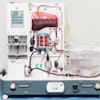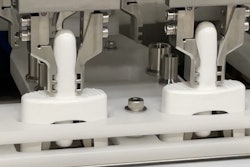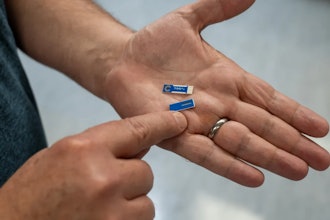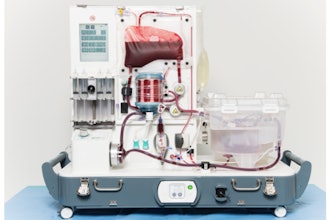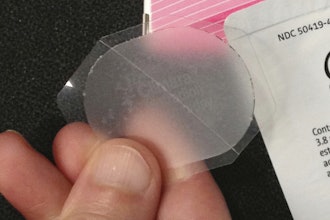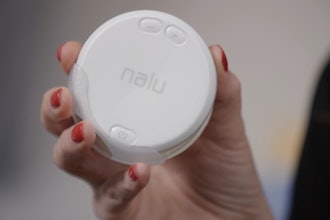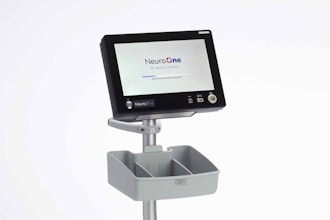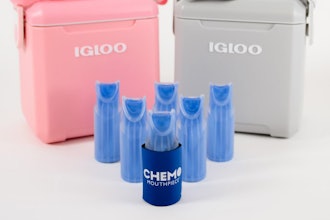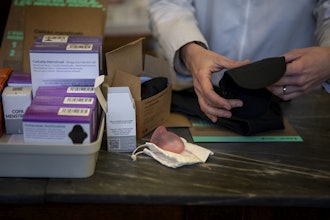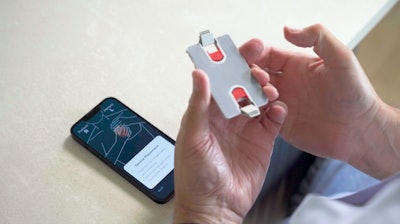
HeartBeam today announced that the FDA has granted 510(k) clearance of the HeartBeam system for comprehensive arrhythmia assessment. As a high-fidelity electrocardiogram (ECG) system with a credit card-sized form factor and cable-free design, it captures heart signals from three distinct directions for actionable heart health information.
When a patient feels symptoms, the HeartBeam patient app guides them through the process of placing the device on their chest and capturing a 30-second recording. Once a recording is taken, the signals are sent to the cloud, processed and sent to a physician for review. The physician reviews the ECG recording in the context of the patient’s symptoms and medical history, then follows up with the patient on next steps. The Company plans to initiate an Early Access Program and is creating a waitlist of interested patients and physicians.
The FDA clearance is foundational and will serve as the basis for future submissions as the Company strives to simplify the access of intelligent and actionable 12-lead ECGs for both patients and physicians. Future planned advances include:
- Synthesized 12-lead ECG: The HeartBeam system is designed to be capable of synthesizing the heart’s signals collected from three directions into a 12-lead ECG using a personalized transformation matrix as demonstrated in a pilot study.
- AI-Based Classification Algorithms: Data presented earlier this year demonstrated that HeartBeam’s deep learning algorithm has the potential to greatly improve the detection of atrial flutter, even outperforming cardiologists in detecting some arrhythmias.
- Heart Attack Detection: A study published in JACC: Advances showed that HeartBeam’s ambulatory technology is comparable to a standard 12-lead ECG in identifying coronary occlusions and is highly accurate (Area Under the Curve of 95%). Another feasibility study highlighted the potential of HeartBeam’s technology to calculate a heart attack risk-score to assess chest pain remotely.
The ease of collecting higher-fidelity ECG signals will enable patients to gather a series of recordings over time. The company aims to leverage AI to analyze this rich set of data, delivering a longitudinal view of a patient’s cardiac health and predicting cardiac conditions before symptoms appear. HeartBeam believes its technology presents a transformative opportunity to bring about a paradigm shift in cardiovascular care for millions of patients globally.



